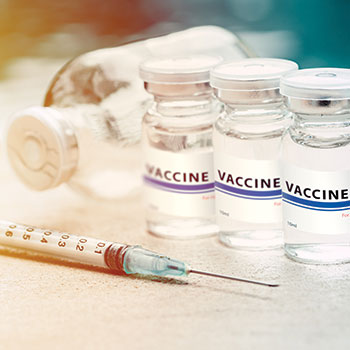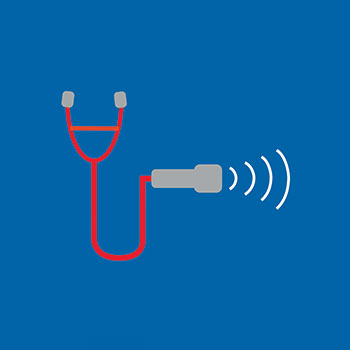New vaccines are on the scene
This month's issue addresses new vaccines, screening for anxiety, and detecting and treating loneliness.
Heading into the fall and winter, physicians are accustomed to offering flu shots to their patients, and, more recently, encouraging updated protection against COVID-19. This year, there's protection against another common respiratory pathogen. In the spring, the FDA approved two vaccines to prevent infection with respiratory syncytial virus (RSV), and the CDC signed off on suggesting one dose for older adults using shared decision making in June. But while effective vaccines for RSV are of course great news, they may be a tough sell to patients, and even physicians, who may be fighting immunization fatigue. Our story provides a rundown of the data on the vaccines' safety and effectiveness and offers practical advice on billing, coadministration with other vaccines, and discussions with patients.
Also new this year are recommendations on screening for anxiety. In June, for the first time, the U.S. Preventive Services Task Force recommended that primary care clinicians screen for anxiety disorders in adults ages 19 to 64 years, including pregnant and postpartum patients. CDC surveys indicate that 27% of U.S. adults reported anxiety disorder symptoms as of July. Our second story looks at ways to assess risk, determine a diagnosis, and start treatment. That last item may seem familiar, experts said, since many of the treatments recommended for anxiety and depression are the same.
In other vaccine updates, the vaccine against human papillomavirus (HPV) was approved in 2006 and in the years since has helped decrease HPV infections and prevent HPV-related cancer. Recent research, though, indicates that awareness of the vaccine and its effectiveness has also decreased. For example, in one study, the percentage of respondents who knew HPV could cause cervical cancer went from 78% in 2014 to 70% in 2020, and the CDC reports that only 58% of U.S. adolescents have received all of the recommended doses. Experts say primary care physicians can help close the gap by asking their patients if they've gotten the vaccine and administering it if they haven't, since it can be given up to age 45 years.
Are your patients lonely? Based on a recent report, it's likely. In May, the U.S. Surgeon General declared loneliness an epidemic and offered a framework to help address it, including the health care sector. Our story discusses which patients may be at risk and why an individualized approach to the problem is key. Also in this issue, I.M. Ready offers advice for early career physicians on how to be both a mentor and a mentee, while Pearls from I.M. Peers shares one clinician's three tips for better teaching.
Do you have a pearl to share with your fellow ACP members? Email us at immatters@acponline.org.




